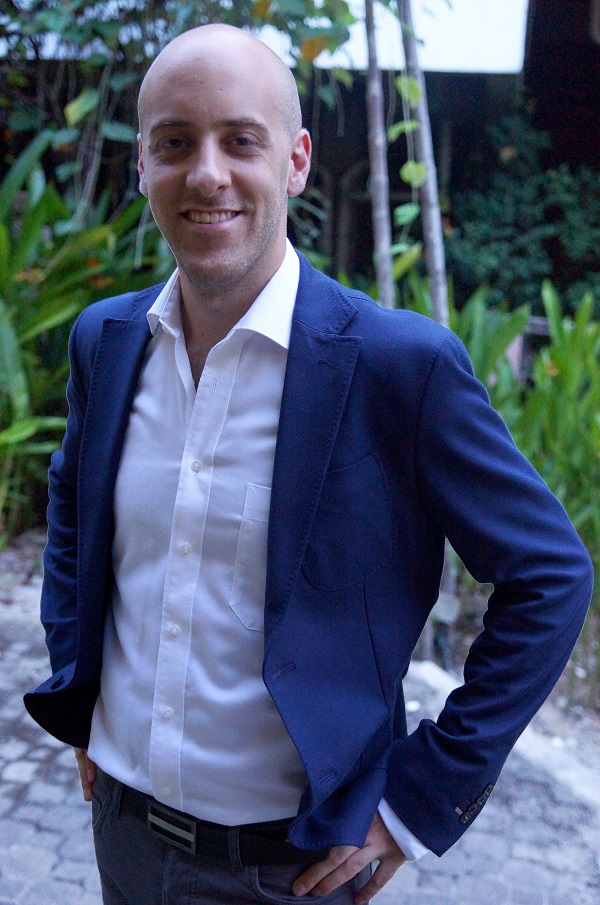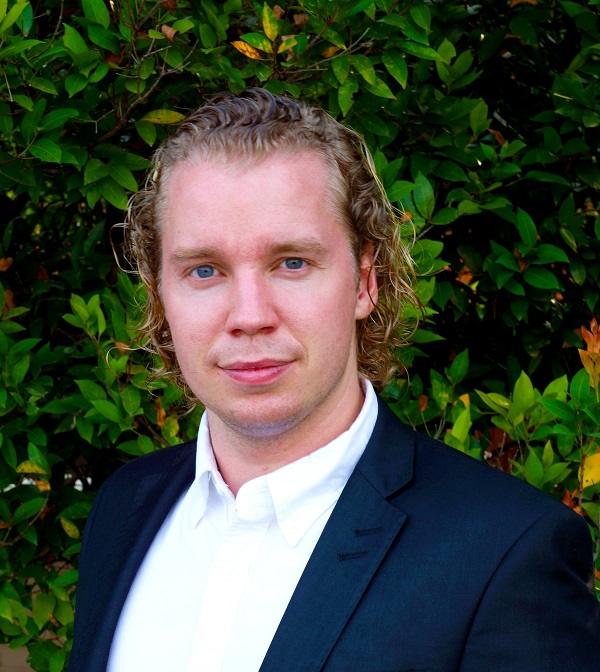Mother Goose hoping to lay some golden eggs
By Karamjit Singh May 22, 2014
- Hirsch aims to build winners from Mother Goose Venture Developers
- Determined not to make ‘huge error’ that Rocket Internet is making

“MOST people do not see this and you may even challenge me, but Kuala Lumpur (KL) has a relatively early adopter market and when you are playing around with different ideas, which is what we do every day, you need to get market feedback very quickly,” says Canadian entrepreneur Adam Hirsch.
Hirsch, founder of KL-based Mother Goose Venture Developers (MGVD), describes his company – entirely self-funded and set up in February 2013 – as a venture development fund which lays golden eggs. It already has three companies created with minimal funding.
“That is one of our strengths. We can do an incredible amount with no money,” says Hirsch, who subscribes to the Lean Startup ethos and highlights the low operating costs of Kuala Lumpur, “a fraction of Singapore’s,” as being a big part of the reason.
 He also describes MGVD as his “endeavour of pure passion.”
He also describes MGVD as his “endeavour of pure passion.”
“I know exactly what I want to do and how to do it and I am doing it with MGVD,” says Hirsch (pic), adding that it is a “whole new ball game” when an entrepreneur reaches a stage where work is no longer work, but a journey driven by passion.
Which is why he lives and puts in 15-hour workdays, seven days a week, out of the same place – a seven-bedroom bungalow in a leafy neighbourhood in KL. “It is literally 15 seconds from my office to my bedroom,” he laughs.
Hirsch’s passion is shared by his cofounders and venture partners who run some of the companies MGVD has created. They live in the other six rooms. Their home office is called ‘The Nest.’
Hirsch came to KL in May 2012 at the behest of a good friend who had come to the city to finish the second year of his Masters and was about to join Rocket Internet’s Zalora, the German Internet company’s lifestyle e-commerce brand in South-East Asia.
The timing was right because Hirsch had just sold his first company, which had built an app targeted at the nightlife in Montreal. “Think of it as having a Groupon-ish business model,” he says.
Indeed, such was his eagerness to join Rocket Internet that he flew into KL for his interview with the company, which was actually supposed to have been conducted over Skype.
Needless to say, Rocket Internet was delighted at his verve and vivacity, and Hirsch spent six months with the company as ‘entrepreneur in residence,’ building his network and picking up what he describes as “an incredibly good experience.”
However, he cautions that people need to be very clear about why they want to join an outfit like Rocket Internet. Go in with the wrong perceptions and it won’t be a pleasant experience, he says.
“Because, while they do a lot of things incredibly well, and that includes build Internet companies better than anyone else in the world, and it is best experience you can get; on the flipside, they don’t give a hoot about culture, management style or the startup community,” he claims.
Hirsch feels this is a “huge error” which he is determined MGVD will not make.
The one thing MGVD shares with Rocket Internet is that it avoids the biggest disease of entrepreneurship, that of talking about doing something. “We actually build them,” he adds.
 The difference at MGVD is that while it has a no-nonsense focus on building companies, “at the same time, we contribute to the startup community and genuinely care about building an ecosystem people will enjoy being a part of,” says Hirsch.
The difference at MGVD is that while it has a no-nonsense focus on building companies, “at the same time, we contribute to the startup community and genuinely care about building an ecosystem people will enjoy being a part of,” says Hirsch.
What’s interesting about MGVD is that half of its headcount of almost 30 people are Europeans who want to be part of the economic growth story of South-East Asia. For instance, the cofounder of MGVD company Hijab2Go.com is Mikkel Bjoedstrup (pic), a Dane.
Of course, there is also the push factor of slow economic growth in Europe. But Hirsch is also looking to attract graduates from top US universities and was visited by an executive from the Harvard Business School who runs the Harvard Entrepreneur Programme.
MGVD will now be on the radar of Harvard graduates who want to help build businesses out from South-East Asia, he claims.
“We also have a similar link with MIT’s (Massachusetts Institute of Technology) entrepreneur club, and in both cases we hope to attract smart and ambitious people who see South-East Asia as the place to be,” says Hirsch, whose LinkedIn profile has an open invitation for such people to reach out to him.
Next: Looking for fearlessness and the companies being spawned at The Nest.
Related Stories:
Malaysia best port to launch SEA offensive: Tim Marbach
KL hits all the right buttons, says Japanese entrepreneur (Updated)
Rocket Internet adds another US$500mil to war chest
In Thailand, Stein Advisors aims to plug ecosystem gap
For more technology news and the latest updates, follow us on Twitter, LinkedIn or Like us on Facebook.


